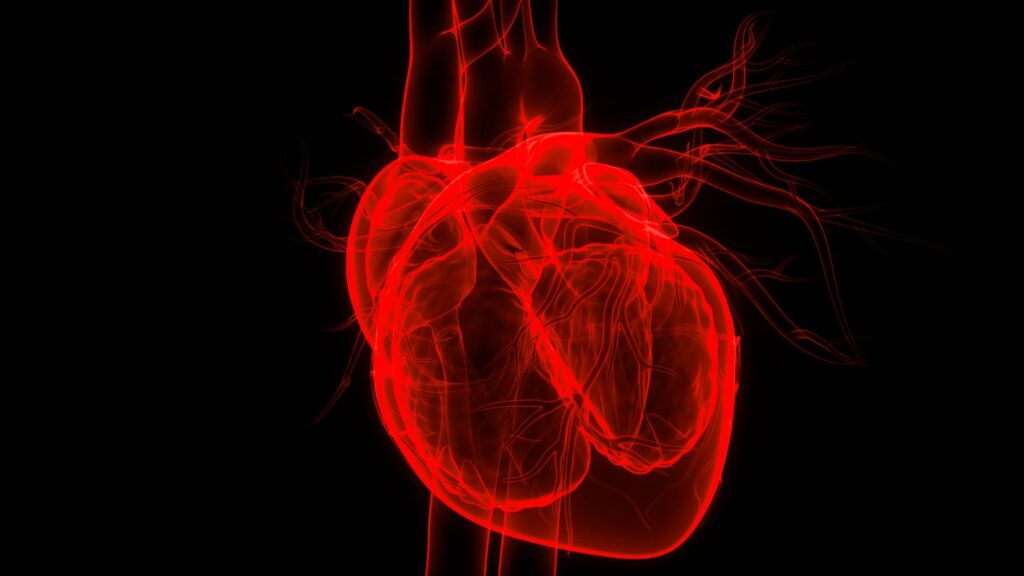Since British physician Edward Jenner pioneered vaccines in the West in 1796, vaccines have revolutionized health care, substantially increasing human health and longevity in the face of infectious diseases spanning smallpox to COVID-19. A record several months following the first release by Chinese researchers of the COVID-19 virus genetic sequence in January 2020, labs had devised multiple workable vaccination strategies, three of which, manufactured by biomedical giants Johnson and Johnson, Pfizer-BioNTech, and Moderna, have received Food and Drug Administration (FDA) approval for emergency use in the United States. By injecting individuals with a weakened or inactive part of a particular organism, attenuated and inactivated vaccines stimulate the immune response of a patient, triggering the creation of pathogen-specific antibodies, thereby building up immunity against any such future infections. The Pfizer-BioNTech and Moderna vaccines are based on the injection of a messenger RNA (mRNA) encoding instructions guiding the body’s cells to build a piece of the COVID-19 viral coat spike protein, instead of introducing it directly, thereby indirectly triggering antibody production and immunization. Despite their tremendous efficacy, these vaccines are not devoid of side effects of varying severity, spanning mild feverish symptoms to, in very rare cases, death. Post-immunization myocarditis or myopericarditis is one such increasingly reported rare adverse event following a mRNA-based COVID-19 vaccine 1.
This association was highlighted by independent reports across various countries. In 2020, a Spanish case report documented myocarditis following COVID-19 mRNA vaccination in a 39-year-old male physician with no history of COVID-19 2 In June 2021, an Israeli study echoed this phenomenon, identifying similar cases among young male Israeli patients, most under 30 years of age 3, while an American retrospective case series confirmed similar cases among very fit, male military personnel vaccinated through the United States Military Health System at rates exceeding those estimated for myocarditis in the American and global population 4. Most recently, seven isolated cases of acute myocarditis or myopericarditis presenting as chest pain within four days of immunization in healthy male adolescents never having been infected by COVID-19 were reported in the United States. All patients showed elevated troponin levels and late gadolinium enhancement, reflective of myocarditis, and recovered quickly 5.
Reported cases appear to have common features. Most myocarditis cases affect male adolescents and young adults aged 16 or older and occur within several days of the second dose of the Pfizer-BioNTech or Moderna COVID-19 vaccine, presenting primarily as chest pain with imaging and molecular evidence of myocardial injury. Patients usually return to their normal daily activities following symptom resolution 6.
While myocarditis may be a rare side effect resulting from systematic reactogenicity, to date, no clear causal relationship between vaccine administration and myocarditis has been elucidated. Given that little is known, treatments are wide-ranging and hinge on clinical condition, underlying cause if known, and clinician preference. Further unbiased studies to probe and elucidate this association and its underlying mechanisms are warranted.
In light of these reports, the Center for Disease Control (CDC), the FDA Vaccine Adverse Event Reporting System (VAERS) and their partners are actively monitoring these reports by reviewing data and medical records to better probe what side effects may be associated with COVID-19 vaccinations. While COVID-19 vaccination continues to outweigh risks, this phenomenon highlights the need to preemptively study the effectiveness and side effects of prospective vaccinations across age, sex, and ethnic background to minimize risks associated with isolated or underrepresented cohorts.
References
- Learn More About COVID-19 Vaccines From the FDA | FDA. https://www.fda.gov/consumers/consumer-updates/learn-more-about-covid-19-vaccines-fda.
- Bautista García J, Peña Ortega P, Bonilla Fernández JA, Cárdenes León A, Ramírez Burgos L, Caballero Dorta E. Acute myocarditis after administration of the BNT162b2 vaccine against COVID-19. Rev Esp Cardiol. 2021. doi:10.1016/j.recesp.2021.03.009
- Abu Mouch S, Roguin A, Hellou E, et al. Myocarditis following COVID-19 mRNA vaccination. Vaccine. 2021. doi:10.1016/j.vaccine.2021.05.087
- Montgomery J, Ryan M, Engler R, et al. Myocarditis Following Immunization With mRNA COVID-19 Vaccines in Members of the US Military. JAMA Cardiol. June 2021. doi:10.1001/jamacardio.2021.2833
- Marshall M, Ferguson ID, Lewis P, et al. Symptomatic Acute Myocarditis in Seven Adolescents Following Pfizer-BioNTech COVID-19 Vaccination. Pediatrics. 2021. doi:10.1542/peds.2021-052478
- Myocarditis and Pericarditis Following mRNA COVID-19 Vaccination | CDC. https://www.cdc.gov/coronavirus/2019-ncov/vaccines/safety/myocarditis.html.

